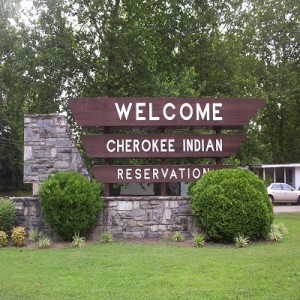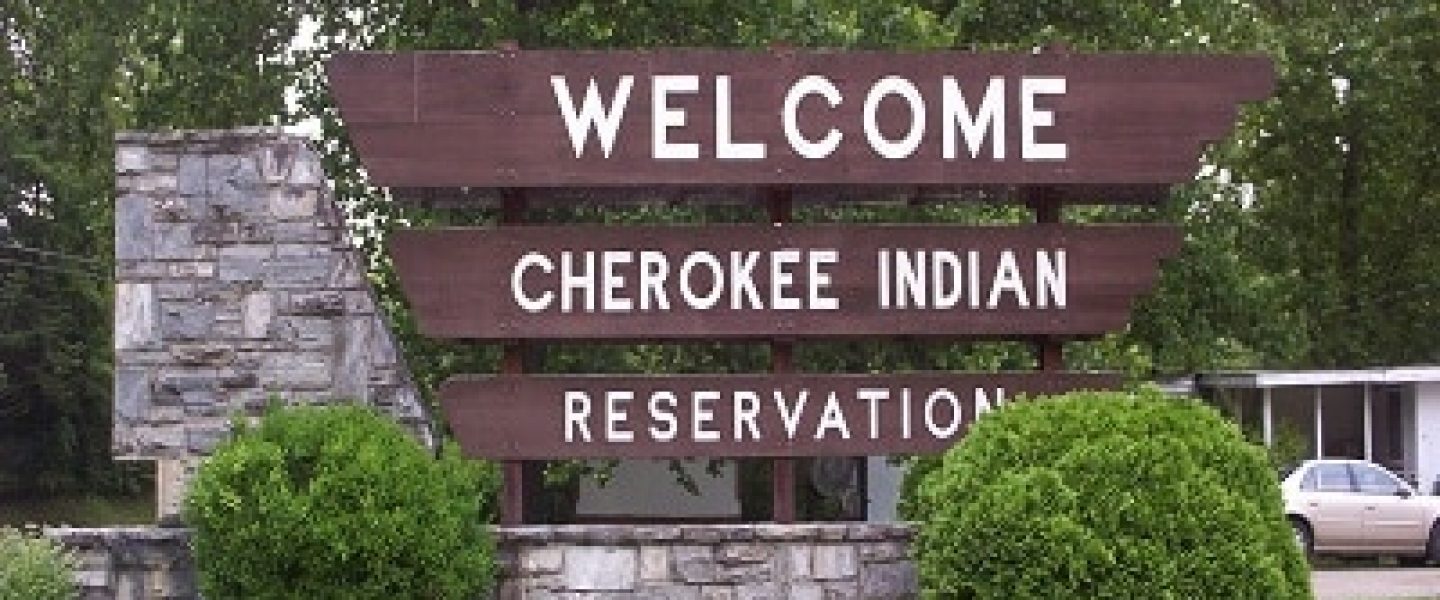 Earlier this week news broke that the federal government would allow Native American tribes to grow and sell marijuana on tribal lands if the tribes desired to do so. The news seemed to come out of nowhere, as no organization or veteran activists from the marijuana community seemed to be working on the policy change. After the dust settled, it became clear that tribes themselves pushed for the policy change. This is a very significant thing, as it could result in legal marijuana being grown and sold in regions that were once thought off limits. The policy change is getting mixed receptions from tribes. There are reports of at least two tribes considering taking advantage of the new policy. Per the Courant:
Earlier this week news broke that the federal government would allow Native American tribes to grow and sell marijuana on tribal lands if the tribes desired to do so. The news seemed to come out of nowhere, as no organization or veteran activists from the marijuana community seemed to be working on the policy change. After the dust settled, it became clear that tribes themselves pushed for the policy change. This is a very significant thing, as it could result in legal marijuana being grown and sold in regions that were once thought off limits. The policy change is getting mixed receptions from tribes. There are reports of at least two tribes considering taking advantage of the new policy. Per the Courant:
Both the Mohegans and the Mashantucket Pequots have looked to diversify their revenues in the face of increasing competition in the gambling industry. Neighboring states have added or expanded slot machines and other gaming options in recent years. Massachusetts and New York are in the process of adding casinos. The new competition threatens future success at Mohegan Sun and Foxwoods Resort Casino, owned and operated by the Mohegans and the Mashantucket Pequots, respectively.
Marijuana could be a competitive advantage for the tribes.
Other tribes have been lukewarm to the policy change, or outright against the idea. Per Seattle PI:
The Hoopa Valley Tribe in Northern California has battled illegal pot plantations on its reservation that have damaged the environment.
In South Dakota, the Oglala Sioux Tribal Council this year rejected a proposal to allow marijuana on the Pine Ridge Reservation.
“For me, it’s a drug,” said Ellen Fills the Pipe, chairwoman of the council’s Law and Order Committee. “My gut feeling is we’re most likely going to shoot it down.”
Walter Lamar is a member of the Blackfeet Nation, and former FBI agent, who advises and offers training to tribes on drug issues, noted that unemployment is high in Indian Country, and many of the jobs that are available, such as wildland firefighting, teaching, and U.S. Bureau of Indian Affairs positions, require drug testing.
“Once there’s an easier availability for marijuana, it’s going to create some issues that could have an impact on our employment pool,” he said.
It will be interesting to see what tribes embrace the idea of legal marijuana. A legal marijuana industry on tribal lands could bring some much needed jobs and revenue to the tribes that decide to grow and sell marijuana. Oddly enough, it seems like the tribes that are most opposed to the idea are tribes that are bordered by states that have legalized marijuana. I would imagine that a tribe that legalized marijuana sales in a state that has harsh marijuana laws would make the most money, but only time will tell.


























